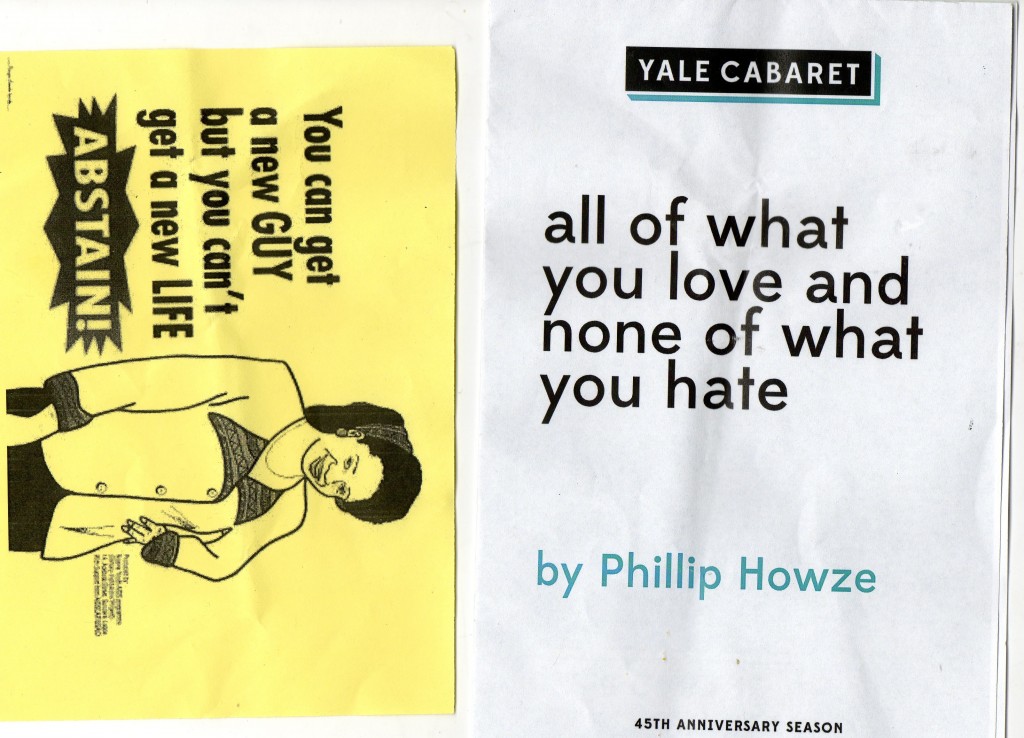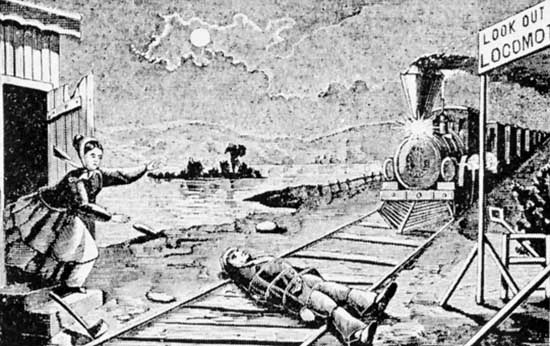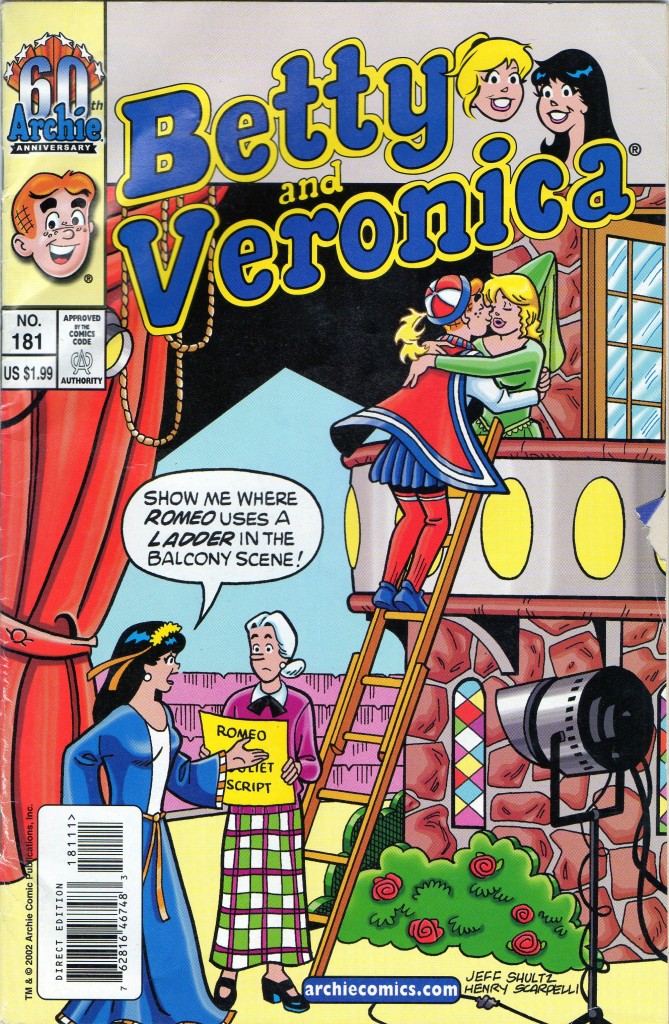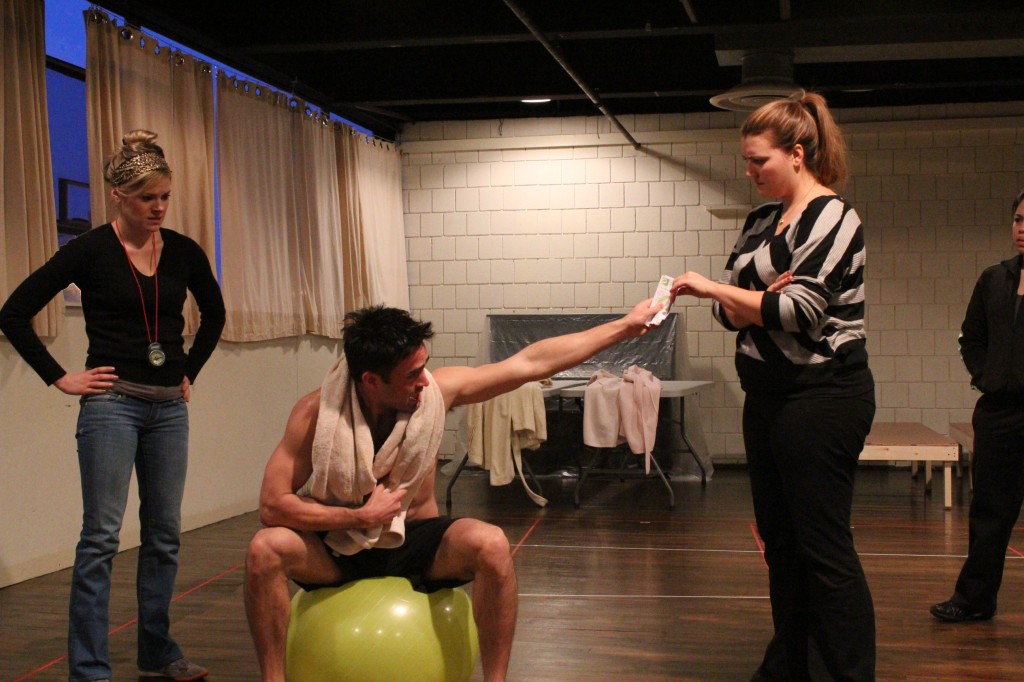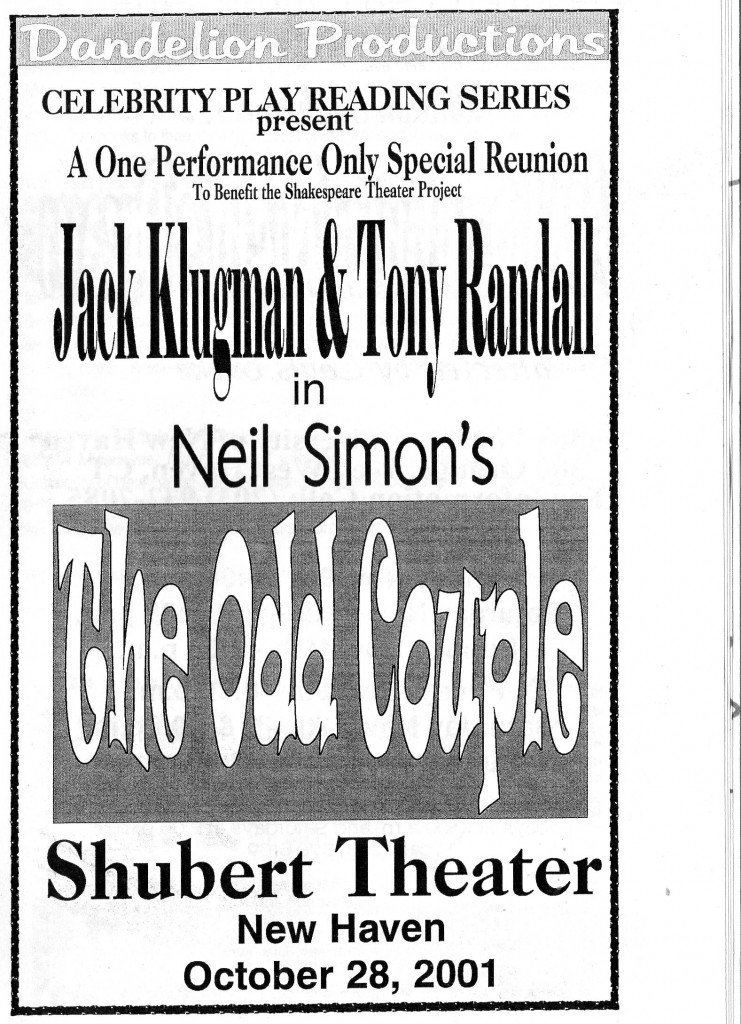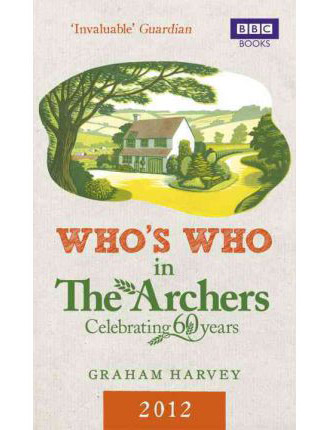All of What You Love and None of What You Hate
Through Jan. 19 at the Yale Cabaret, 217 Park St., New Haven. 8 p.m. & 11 p.m. (Both performances are sold out.) (203) 432-1565, www.yalecabaret.org.
By Phillip Howze. Directed by Kate Tarker. Choreographer: Jabari Brisport. Scenic Designers: Portia Elmer, Mariana Sanchez. Costume Designer: Grier Coleman. Lighting Designer: Oliver Wason. Sound Designers: Pornchanok, Kanchanabanca, Sang Ahn. Production Designer: Paul Lieber. Projection Designer: Paul Lieber. Dramaturg: Helen C. Jaksch. Stage Manager: Rob Chikar. Producers: Stephanie Rolland, Sarah Williams. Performed by Zenzi Williams (Girl A), Tiffany Mack (Girl B), Prema Cruz (Mother) and Cornelius Davidson (Boy).
Hey, I just witnessed a good old-fashioned “promising debut.” The voice belongs to Phillip Howze, a first-year playwright at the Yale School of Drama. He’s taken a subjects which are not uncommon fodder for young playwrights—urban youth issues, generation gaps and teen pregnancies—and
Howze has devised—and director Kate Tarker and a vividly physicalized cast have beautifully implemented—a playing style where extended bouts of gossiping or nagging deteriorate into literal bursts of “blah blah blah.” Similarly, body gestures such as finger- pointing and tsk-tsking overwhelm the characters until they marvel at their own lack of control, staring at their limbs as if they’d just experienced a bizarre spastic impulse. These bursts of abstraction aren’t distracting. They underly the characters’ cruel realities, internal agonies and distressing failures to communicate.
This is a play that processes a lot of emotions—anger, despair, resignation, obliviousness, betrayal, annoyance, virtually everything but joy—in a rather brief period of time. The central urban-teen characters are believably wrought by Howze and brought to life by Zenzi Williams (as a sullen girl who turns out to be holding in a big problem), Tiffany Mack (as a sort of Greek chorus of high-energy hip-hop commentary) and Cornelius Davidson (as a self-described “hustler” who gets Girl A in trouble). These youngsters dance with abandon, rap furiously, text and chat incessantly, but also strike sullen and mean and scared poses. Their range, as individuals and as an ensemble, is exhausting. When challenged by each other, they respond with defensive anger that is all the more believable (and entertaining) for how over-the-top it is. As the harried (and largely oblivious) mom of a pregnant teen, Prema Cruz is equally credible (no small trick in a cast where actors in the 20s are playing teens and 30somethings. Howze has given the mother depth, and her own priorities that both communicate and explain her relationship with her daughter.
The performances nail the words, but All of What You Love and None of What You Hate also benefits from a realistic main set (cleverly deep, with a bathroom situated behind a bedroom) and a useful, amusing projections that have the characters introduce themselves through social networking pages and dating websites.
Their tones and topics are very different, but as I watched All of What You Love and None of What You Hate, I kept flashing to Laura Jacqmin’s new play January Joiner, which I saw earlier this week at Long Wharf Stage II. For one thing, both plays invoke the exact same “Your mama is so fat…”jokes. More interesting is the way both Howze and Jacqmin find novel ways to present their subjects through several distinct perspectives. They also both convey a sense of societal menace, worlds where the pressures and opinions proffered by other people can be among the greatest dangers to the sanity of the protagonists.
Howze, having worked up such complex characters, can be excused for heading off on a few tangents and exploring what-if scenarios which ultimately confuse the drama. There’s some serious speechifying at the end which helps conclude the piece but doesn’t quite provide closure. But the rewards here are not in plot and structure. They’re in the emotional journey, which is written in a fascinating and intriguing fashion, and some incendiary performances.

